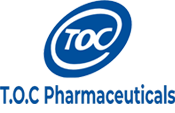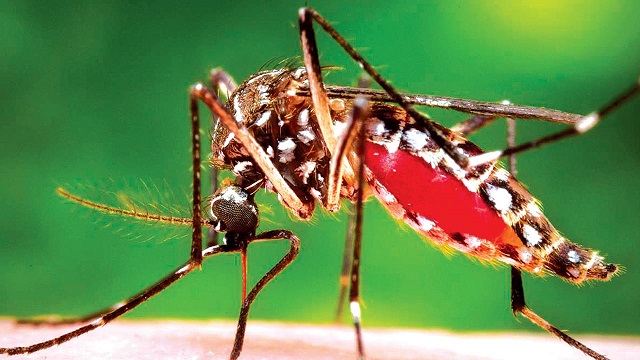Twelve decades after Ronald Ross won the Nobel Prize for his foundational work on understanding malaria transmission, the World Health Organization recently recommended widespread use of the new RTS,S malaria vaccine among children in sub-Saharan Africa and other regions with moderate to high transmission of P. falciparum, a deadly form of the malaria parasite. RTS,S achieves up to 40 percent reduction in malaria episodes—an important feat in absolute terms because more than 260,000 African children under the age of five die from malaria annually.
The landscape of fighting malaria in Africa has four dimensions. First is the human toll in the form of preventable illness, disability, and death—this dimension prompts commitments to action. Second is the political dimension, via multiple statements of commitment to curbing malaria and achieving Universal Health Coverage. Without financing, though, political statements are mere platitudes. Indeed, financing, the third dimension, reflects the continent’s enduring dependency on external financiers. For example, a recent estimate showed that, in low-income countries, development assistance for health (DAH) provided about 70 percent of total immunization spending in 2017. In 31 African countries, DAH provided more than 50 percent of total immunization spending that year. The dependency of most malaria-endemic African countries on external financiers belies the political declarations of commitment. The fourth dimension, technology, has two main categories. One is prevention by killing or keeping at bay the vector—the Anopheles mosquito—through indoor residual spraying (IRS) and insecticide-treated nets (ITNs), as well as preventive treatment with medicines. The other is case management through diagnosis and treatment with medicines. The new malaria vaccine strengthens the suite of technologies, all of which remain important.
The dependency of most malaria-endemic African countries on external financiers belies the political declarations of commitment.
THE EASY WRONG VERSUS THE CHALLENGING RIGHT
There are two main options for financing the next phase of malaria control and elimination in Africa. One is continued dependency on external financing, including for the new vaccine—from development banks, foundations, and grant financiers like the Global Fund to Fight AIDS, Tuberculosis and Malaria (for ITNs and medicines) and Gavi (potentially for the malaria vaccine). Indeed, Gavi, has announced its decision to commit $155.7 million to finance malaria vaccine introduction, procurement, and delivery for Gavi-eligible countries in sub-Saharan Africa in 2022-2025. While such externally-driven mechanisms might have short-term merit in some cases, the strategic reality is that they have enduring pernicious effects on Africa. They unwittingly deepen and prolong the dependency of Africa on solutions designed outside the continent, dampen incentives for Africa to develop its own institutions, shift the loci of accountability from African leaders and capital cities to politicians and unelected influencers outside the continent, and absolve African leaders of their responsibilities. They also leave the continent vulnerable to the vagaries of geopolitics during crises, as evidenced by the extreme inequity of access to COVID-19 vaccines despite abundant supplies in the Global North. For these reasons, the path laid by Gavi, while familiar and easy, is also wrong because of its long-term implications for prolonging Africa’s dependency on the Global North.

